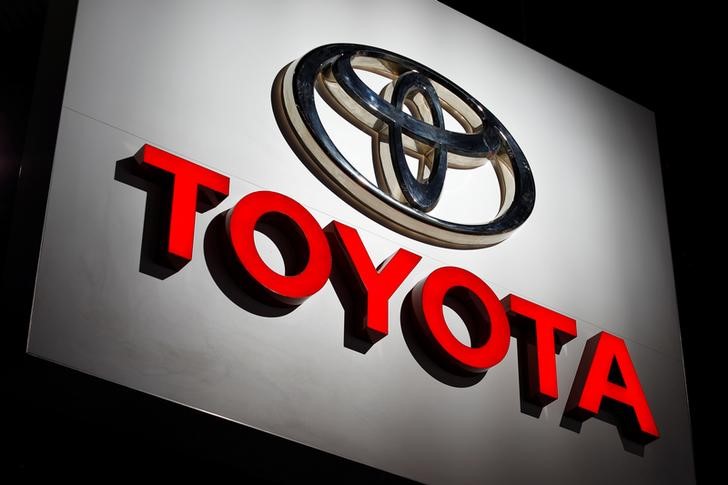This post was originally published on this site
https://i-invdn-com.investing.com/trkd-images/LYNXMPEJ4H09J_L.jpg
The small electric commercial van will run on a battery electric vehicle (BEV) system that Toyota is jointly developing with minivehicle specialists Daihatsu and Suzuki Motor Corp, the companies said in a joint statement.
The van, which will come in Toyota, Daihatsu and Suzuki-branded versions, is slated to have a range per charge of about 200 km (124 miles) and be released by the end of the current financial year running to March 31, 2024.
Daihatsu, which became a Toyota subsidiary in 2016, will produce the vehicles, the companies said in the statement.
The van will be classed as a “kei” vehicle, which are low-powered, low-taxed domestic fare.
Micro kei vehicles are hugely popular among businesses and households to deliver agriculture produce, parcels and other goods in urban areas and the countryside in Japan, in part due to their relatively cheap price.
Kei models accounted for 40% of 78.8 million four-wheel vehicles owned in Japan at of the end of February, showed the latest transport ministry data.
Reducing emissions has been a key issue at this year’s G7 meeting.
The roll-out by Toyota, which owns 4.89% of Suzuki, and its partners also comes as other automakers in Japan are expanding their lineups with electric mini-commercial vans.
Honda Motor Co Ltd said in December it would start selling a micro-sized commercial electric van with a target cruising range of 200km in spring 2024, as part of its effort to electrify its vehicle lineup.
Mitsubishi Motors (OTC:MMTOF) Corp in November re-launched its own small commercial van, Minicab-MiEV, which has a shorter cruising range of 133 km.
Mitsubishi will also start producing the van in Indonesia in 2024, it said in February, as it seeks to build out the vehicle’s sales across geographies.
Japanese delivery giant Sagawa Express Co has previously said it planned to start replacing all 7,200 of its commercial mini-vehicles with electric vehicles supplied by China’s Guangxi Automobile Group from last September onwards.
The company declined to comment when asked on Thursday whether it had started the process.

